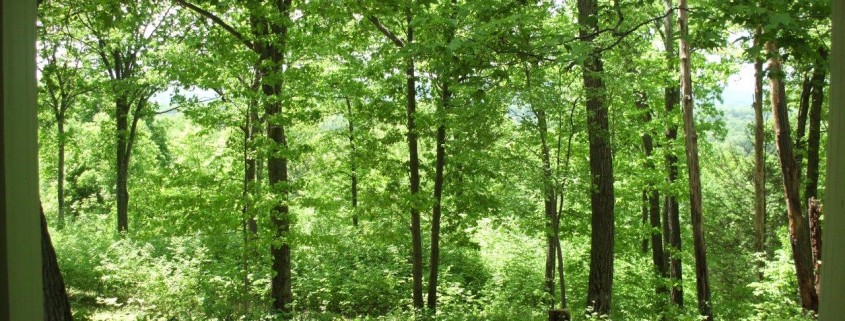Time to Wonder and Respond – Individuals

“How much time do we spend looking – really looking – at what’s in front of us? One day, the train I was on stopped for quite a while at a red signal. My window looked out on a tree – so near that you could see the ridges and whorls of its bark and the insects that were crawling out onto a sunlit ridge or scurrying back into a crevice. It was mesmerising, and when we started again, I found myself reflecting on the variety and beauty revealed in that one tiny element of creation – something that was normally just a blur, one of thousands of trees we passed on our daily journey.
If we take the time to look at any part of the world around us, we will find almost infinite treasures: the reflections on a drop of water, the vein patterns on a leaf, the blurred wings of a hovering insect. Pause to see things as they really are and the sense of how precious creation is will almost overwhelm you …”
What an amazing gift the world is! In response to God’s goodness in creation, you might want to:
- spend at least five minutes each day really looking at something – the clouds in the sky, a leaf hanging outside your window, a pebble or conker in your hand, a landscape seen during a walk … appreciating it for what it is.
Some people find it helpful to have a set time – some simply wait for inspiration when the time is right. Decide what will be most helpful to you – but make sure that you get into a habit of regular contemplation, however you do it. - as you appreciate what you are seeing, offer praise and thanks to God the Creator for it. You might do so in words … or by just holding what you’ve seen before God in silence.
- try then to sense what it tells you about the Creator. Praise God for what you sense of God from your contemplation.
You may sometimes find it helpful to ponder things outside your own surroundings. You might choose a single image or scene from a video – maybe from a PowerPoint or from one of the ‘Our Planet’ nature programmes.
Sometimes, as you contemplate, you may be led towards not only thanks and praise but also lament and anger – conscious of how fragile what you see is, how imperilled by environmental degradation and climate change, how it is already damaged by human carelessness or greed. You may find yourself lamenting what you don’t see – the insects that are missing from our countryside, the species lost in areas that have been deforested. You may find yourself angered by the lack of response … or at least of response that reflects the urgency of the situation.
Allow your heart to lament or rage – and bring it before God.
The Psalms are full of sorrow, questioning and anger. Some people find it helpful to adopt in their prayers the pattern of lament Psalms:
- naming God as creator and redeemer,
- lamenting what is harmed and the reasons why the harm happens,
- confessing where you are implicated in the harm,
- asking God for change and restoration
- and reaffirming your hope in the One who redeems all things in Christ
Sometimes, though, that may not feel possible or honest. Cry out to God in words, or, where you have no words, simply offer God your pain, and let the Spirit guide the prayer. Whatever you pray, if you are bringing your heart before God in faith, trust that the God who loves you and all created things hears your prayer.


